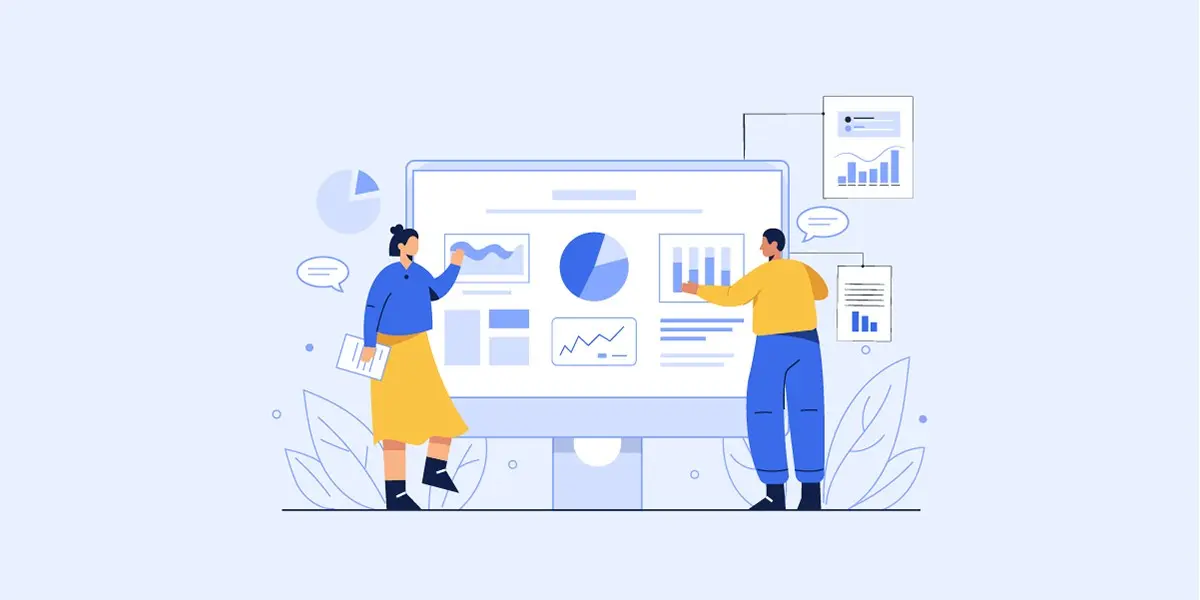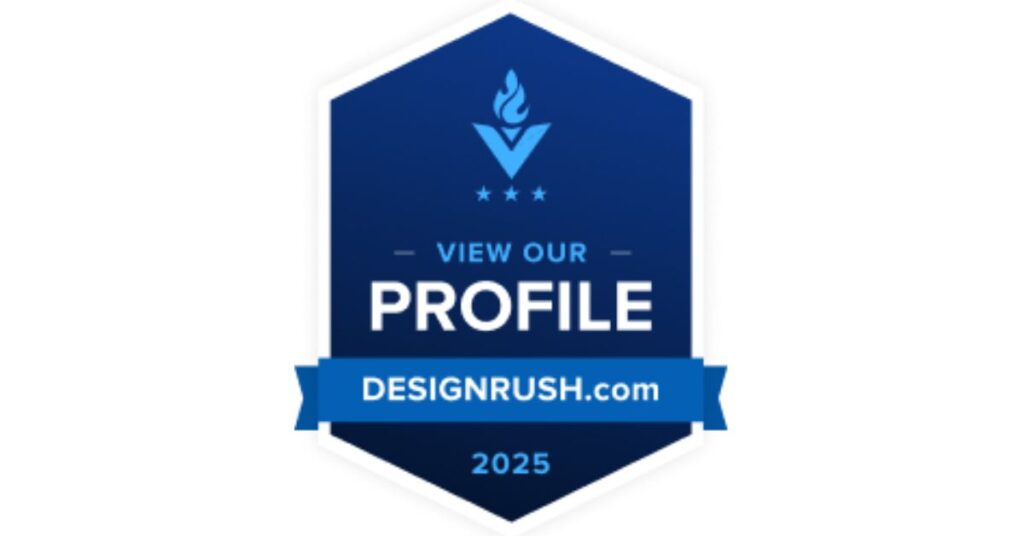Good data is the cornerstone of a well-functioning organization. With a robust data-gathering strategy, you can set baselines, benchmarks, goals, and predictions that drive your vision forward.
However, data’s effectiveness hinges on its presentation. Teams need efficient pipelines that transform raw data into polished, well-presented summaries. The faster this process, the better. Enter Tableau—a tool that empowers you to explore data beyond predefined questions and chart types. It combines the power of advanced data science software with user-friendly simplicity.
With its intuitive UI and support for numerous data sources, Tableau is designed for both ease of use and enterprise-scale applications. It’s ideal for companies looking to enhance their decision-making processes in terms of both quality and speed, maximizing the value of data across all organizational areas.
Engage a Tableau developer to design and implement tailored systems and data visualization solutions for your business. Integrate your entire ecosystem into a seamless, scalable data environment that adapts as you grow. Leverage AI-powered tools to stay competitive in a rapidly evolving landscape.
What is Tableau?
Founded in 2003 by Chris Stolte, Pat Hanrahan, and Christian Chabot, Tableau was created to bring their data visualization technology into business solutions. It has evolved into a leading analytics platform, simplifying data analysis through drag-and-drop interactions. Tableau’s proprietary query language, VizQL, translates actions into queries, rendering visual data representations automatically.
VizQL functions as a declarative language, allowing users to specify what they want without detailing how to achieve it, much like a search engine. Tableau is effectively a no-code solution for data visualization, though it benefits from the expertise of a Tableau developer who can handle database migrations, integrations, and complex data presentations.
What is Tableau Used For?
Tableau is a versatile platform for data analysis and visualization with applications including:
- Dashboard Creation: Design intuitive interfaces that summarize key data and allow deep dives into various business aspects.
- Charting: Easily create visually appealing charts such as histograms, pie charts, and scatter plots through a simple drag-and-drop interface.
- Report Generation: Automate or manually create tailored reports suited to different audiences.
- Informed Decision-Making: Utilize Tableau’s AI and analytical tools to forecast trends, customer behaviors, and more.
- Data Sharing: Share insights and access data from anywhere via online services.
Tableau Services
Tableau offers five core services with additional tools for analytics and security:
- Tableau Desktop: Build and customize reports, dashboards, and workbooks, and connect to data sources for local or public sharing.
- Tableau Public: Utilize the cloud to create and share reports, ideal for public access and academic purposes.
- Tableau Server: Centralize data, visualizations, and user information for team access and collaboration.
- Tableau Online: A cloud-based version of Tableau Server for secure, SaaS-based data sharing.
- Tableau Reader: Share and present data in real-time using a free mobile app.
Why Tableau?
Tableau is the leading choice for modern business intelligence, capable of handling diverse data types and sources. Its drag-and-drop functionality simplifies data integration and analysis. The platform also offers comprehensive training, support, and a global user community.
Partnering with a Tableau expert ensures that your data is managed effectively and that Tableau is customized to meet your company’s objectives.
When to Outsource Tableau Development
- Implementing Tableau: Seek top-tier talent to guide you in leveraging Tableau for optimal results.
- Upgrading Data Visualization: A consultant can enhance dashboard design and improve data workflows.
- Integrating Tableau: Experts can bridge your systems and Tableau for streamlined processes.






